On Tuesday, the Boeing Company will be heading to the NLRB’s kangaroo court in Seattle, Washington to be prosecuted by an agency controlled by pro-union extremists. The outcome, as far as the NLRB hearing is concerned, is already a foregone conclusion. The hearing is a procedural nuisance that Boeing will have to endure to eventually have its case heard in the federal courts—which is likely where the case will end up, barring any “face-saving” settlement negotiated with the union and the NLRB.
In an interview last week, Boeing’s Commercial Airplanes CEO, Jim Albright indicated that, for now, a settlement is unlikely.
“If there was a way we could come to a settlement and get this off the table, that would be great,” said Albaugh. “Do I think we are going to be able to arbitrate a settlement? My guess is, probably not.”
“We’ve got a lot at stake here,” he added. “Let’s let this get decided in a court.”
Beyond the initial flurry of presenting the case to a NLRB Administrative Law Judge, until the Judge issues his recommended decision and order in the case, there will not likely be much to report on. Bearing in mind that the National Labor Relations Board’s Acting General Counsel has already stated that he believes Boeing violated the law and has stated what he believes the remedy should be, it is hard to imagine anything will be different in the Judge’s recommended decision and order/remedy.
Since NLRB hearings for employers are usually a case of guilty until proven innocent, the bulk of time spent over the coming weeks will be each side presenting its arguments to ensure there is enough evidence, testimony and legal argument to give the NLRB and reviewing federal courts enough of a record to make a sound ruling.
Once the Administrative Law Judge in Seattle issues his findings and recommendations, either or both parties may appeal the case to the NLRB members for review. A panel of at least three Board Members will review the Judge’s decision and the parties’ briefs on appeal. Generally, the entire process takes two or more years. Then, once the NLRB members either affirm or reject the ALJ’s decision, the losing party can appeal to a federal Court of Appeals and then, if they believe necessary, to the US Supreme Court.
Without a settlement, it is highly possible this case may drag on through 2013 and will cost Boeing and taxpayers millions.
Most importantly though, while all of the legal maneuvering is going on, there are hundreds of South Carolinians whose jobs and lives are in limbo and may, ultimately, be destroyed by the union, the NLRB and (possibly) the Courts.
Thus far, the NLRB has shown it cares little for the jobs the agency’s actions will destroy.
Earlier this month, three of Boeing’s Charleston employees (including one who was a former local union president) filed to intervene in the case only to be rejected a few days later in a 17-page legal response that could have been summed up in two words: Get lost.
Murray led the effort to decertify the International Association of Machinists and Aerospace Workers from the Charleston plant; Ramaker was a former president with the local union; and Going was previously a member of the machinists union, according to legal filings.
The NLRB and the machinists union both responded in opposition to the motion. NLRB general counsel Lafe Solomon said the intervention would delay and complicate the trial; the union said that the three employees don’t have direct interest in the case and that the NLRB’s policies don’t support intervention by second parties who might be negatively affected by the board’s remedying of unfair labor practices of others.
While the National Right to Work Foundation, which is providing free legal assistance to Boeing’s Charleston employees, has said it would appeal, there is another tact that the employees could take that will place them squarely in the middle.
As noted previously, Boeing’s Charleston employees were previously unionized by the International Association of Machinists. When, Boeing bought the Charleston facility from Vought in 2009, the employees in Charleston exercised their legal rights to decertify the union. A few months after that, Boeing chose the South Carolina for its second assembly line and, in March 2010, the Machinists filed its charges against Boeing over its decision.
Given that the union’s filing of charges against Boeing would not have likely occurred had the Boeing employees remained members of the same union, the unions actions were likely in retaliation for their having decertified the union. If this is the case, that in itself would be unlawful.
Further, since the Machinists union is allegedly still trying to ‘re-unionize’ the Charleston employees and reportedly promising job security if employers were ‘re-unionized’ (implying the union would drop its case against Boeing), this would indicate that the unions’ case is based on the Charleston employees’ exercising their rights to remain union free.
In either case, Boeing’s Charleston employees do have the right to file their own unfair labor practice charges against the union.
If the employees chose to file a charge, the NLRB would be obligated to conduct an investigation.
Based on an investigation, the NLRB could choose to dismiss the case or issue a complaint. If the NLRB chooses to dismiss the charge, the employees would have the right to appeal the decision (including to the courts).
If the Charleston employees were to be successful by utilizing this approach, they would be essentially buying an “insurance policy” should Boeing and the union settle the charges where the Charleston employees’ jobs be adversely affected, or if the NLRB (or courts) rules that Boeing must take the jobs back to Puget Sound.
If the union’s motivation was, in fact, retaliation for employees’ exercising their rights to decertify the union, then the union could possibly be forced to pay employees were they to lose their jobs as a result of the union’s actions.
If the Charleston employees were to file a charge with the NLRB, they could word it this way:
“In March 2010 and continuing thereafter, the International Association of Machinists has restrained and coerced Boeing’s Charleston, South Carolina employees in the exercise of their Section Seven Rights by retaliating against employees for their vote to decertify the union in August 2009. Such retaliatory actions include, but are not limited to, the filing of unfair labor practice charges against Boeing for its decision to locate its second assembly plant in Charleston, South Carolina. The IAM has filed its charges against Boeing in an effort to move the Charleston, South Carolina work to Puget Sound solely due to the charging parties’ 2009 decertification–had the charging parties remained members of (and represented by) the IAM, the union would not be seeking to have Boeing dislocate the Charleston employees, causing their job loss. In addition, as the representatives and agents of the IAM continue soliciting Boeing’s Charleston employees to unionize again, IAM representatives and agents have stated and/or inferred that the IAM would drop its charges against Boeing were the Charleston employees to vote to (re)certify the union as their collective bargaining agents. This demonstrates the IAM’s intent of its case against Boeing is one of retaliation for employees’ exercising their Section Seven Rights to decertify the union in 2009.”
It’s a pretty simple solution to an otherwise frustrating and complex issue. However, if the union and the NLRB want to destroy the Charleston jobs, the employees do have options they can avail themselves of.
_________________
“I bring reason to your ears, and, in language as plain as ABC, hold up truth to your eyes.” Thomas Paine, December 23, 1776



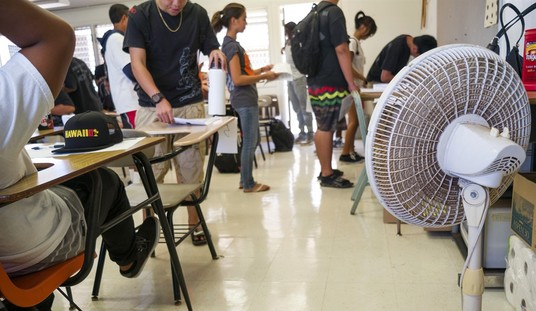


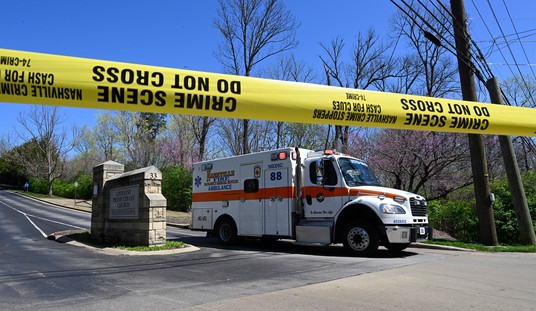
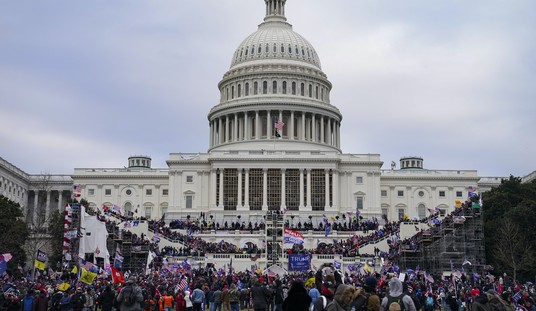
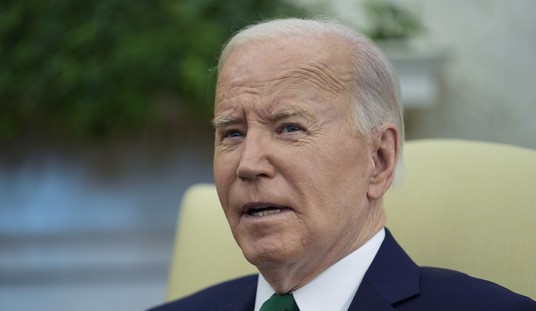

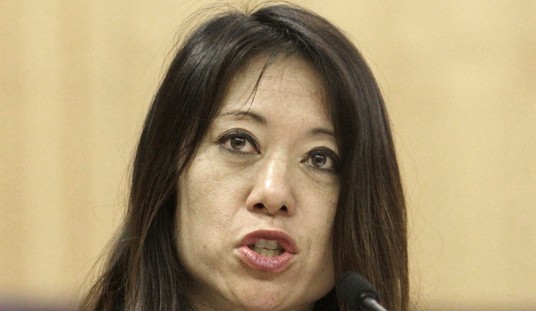



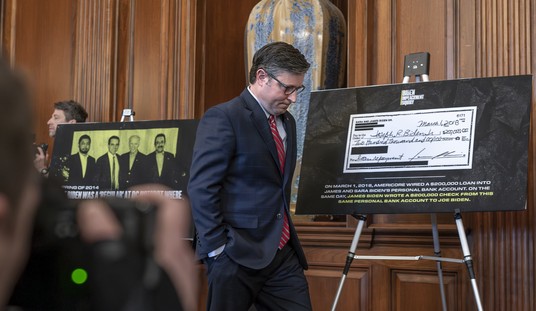

Join the conversation as a VIP Member